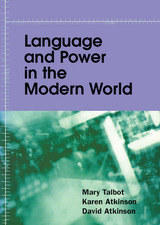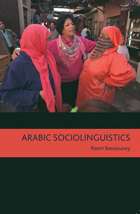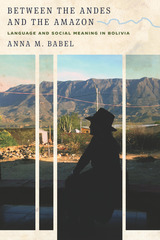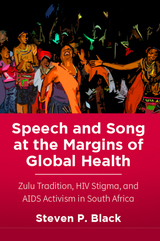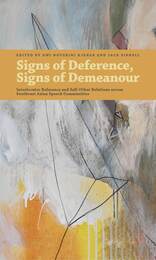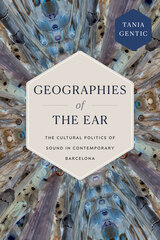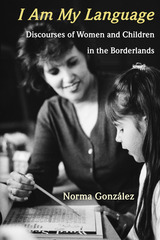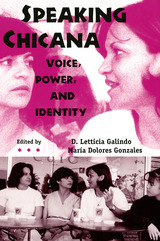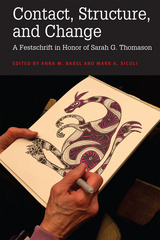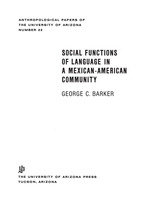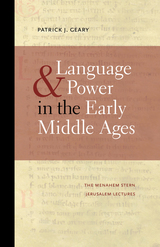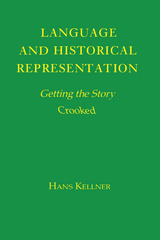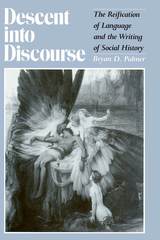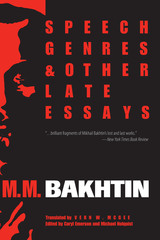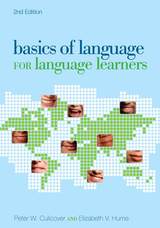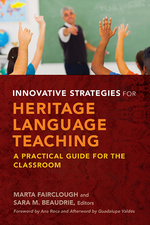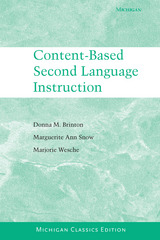Paper: 978-1-58901-192-2
Library of Congress Classification P40.5.L28S87 2008
Dewey Decimal Classification 306.44
In the last three decades the field of endangered and minority languages has evolved rapidly, moving from the initial dire warnings of linguists to a swift increase in the number of organizations, funding programs, and community-based efforts dedicated to documentation, maintenance, and revitalization. Sustaining Linguistic Diversity brings together cutting-edge theoretical and empirical work from leading researchers and practitioners in the field. Together, these contributions provide a state-of-the-art overview of current work in defining, documenting, and developing the world's smaller languages and language varieties.
The book begins by grappling with how we define endangerment—how languages and language varieties are best classified, what the implications of such classifications are, and who should have the final say in making them. The contributors then turn to the documentation and description of endangered languages and focus on best practices, methods and goals in documentation, and on current field reports from around the globe. The latter part of the book analyzes current practices in developing endangered languages and dialects and particular language revitalization efforts and outcomes in specific locations. Concluding with critical calls from leading researchers in the field to consider the human lives at stake, Sustaining Linguistic Diversity reminds scholars, researchers, practitioners, and educators that linguistic diversity can only be sustained in a world where diversity in all its forms is valued.
See other books on: Carreira, Maria M. | Labov, William | Language policy | Linguistic minorities | Zepeda, Ofelia
See other titles from Georgetown University Press


